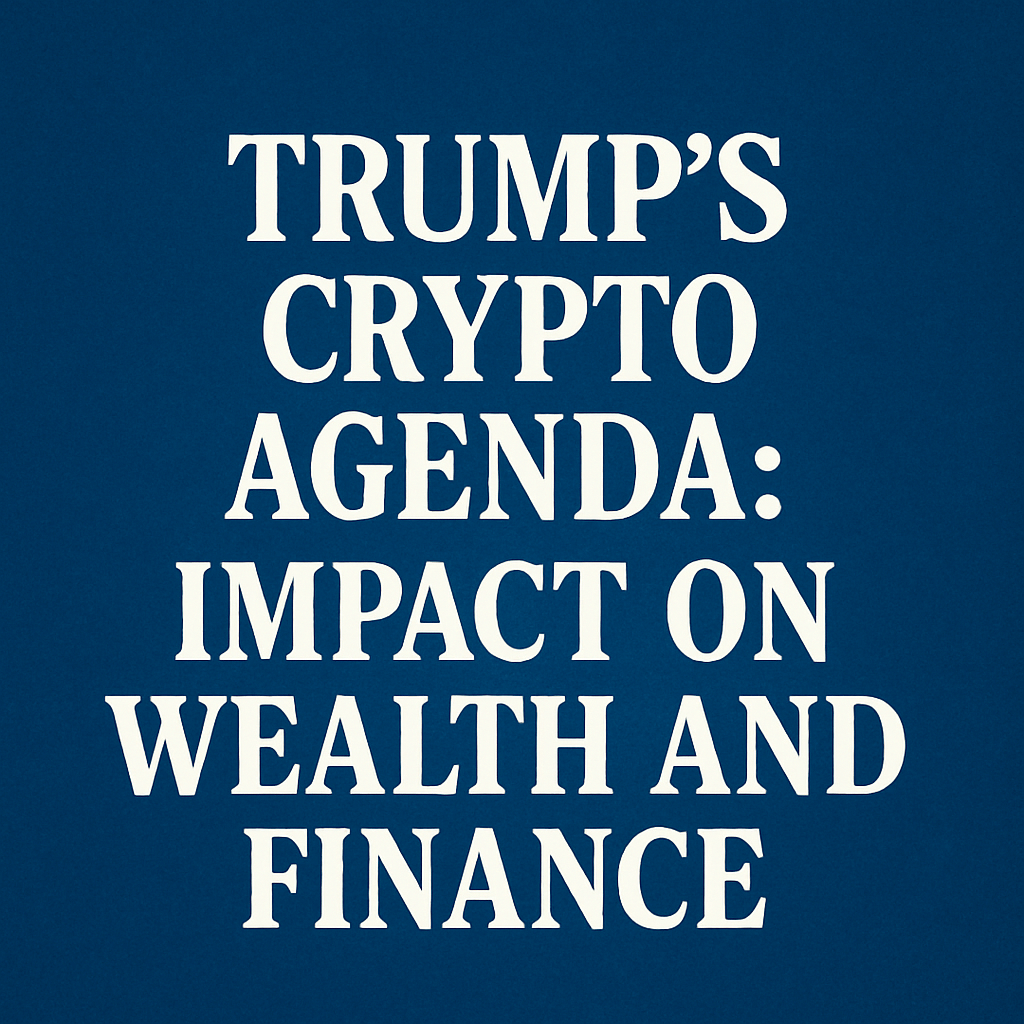Trump’s Crypto Agenda: Impact on Wealth and Finance


Donald Trump’s recent engagement with cryptocurrency, which he promotes as a vehicle for financial liberty, raises important questions about the actual beneficiaries of such policies. While the narrative suggests an empowerment of individual investors, a deeper examination reveals potential pitfalls that may further entrench power among the wealthy elite and political insiders.
The Promised Financial Freedom
Trump’s advocacy for cryptocurrencies is positioned within a broader context of financial deregulation and innovation. By proclaiming that cryptocurrencies can disrupt traditional banking systems, he aims to resonate with a demographic that values autonomy in investment choices. However, this push comes with significant technical implications.
- Blockchain Technology: The underlying blockchain technology of cryptocurrencies offers transparency and traceability, which can empower users. Yet, the complexity of blockchain increasing sophistication may limit participation to technologically savvy investors.
- Market Volatility: Cryptocurrencies are notorious for their price fluctuations. Newer investors often lack the experience to navigate this volatility, potentially risking their financial wellbeing while benefiting advanced traders.
Wealth Consolidation Through Regulatory Frameworks
The irony within Trump’s crypto agenda lies in its regulatory aspects. While presenting a façade of liberation, the proposed policies may prioritize the interests of seasoned investors and institutional players. Regulatory frameworks, if designed favorably, could unintentionally fortify a barrier around wealth accumulation.
Impact of Regulations on Smaller Investors
Experts warn that new regulations could enforce a higher compliance burden. For example, the potential for stringent Know Your Customer (KYC) and Anti-Money Laundering (AML) requirements may deter smaller investors from entering the market, consolidating investment power in the hands of those who can afford the compliance costs.
Recent Developments in Crypto Legislation
As of October 2023, the ongoing legislative landscape is pivotal. Recent negotiations in Congress over how to regulate digital assets suggest increasing scrutiny but also a hesitance to stifle innovation. Key legislators are balancing the dual need for consumer protection and fostering an environment conducive to technological advancement.
- Discussion on ETFs: There has been significant traction toward approving Exchange-Traded Funds (ETFs) based on cryptocurrency assets. Proponents argue that ETFs could democratize access to cryptocurrency investments.
- Tax Implications: Changes in tax policy regarding cryptocurrency trades are also being considered, which could impact how average investors engage with the market, further complicating the landscape.
Conclusion: A Call for Equitable Engagement
The juxtaposition of Trump’s narrative on crypto and its real-world implications underscores a critical disconnect in the financial sector. There is an underlying necessity for policies that not only promote innovation but also safeguard equitable access to financial opportunities.
As cryptocurrencies continue to evolve, stakeholders across the spectrum—from everyday investors to policymakers—must collaborate to create a more inclusive framework that genuinely promotes the principles of financial freedom, without marginalizing the very individuals it aims to empower.
Expert Opinion: “We need a regulatory environment that not only encourages growth but also ensures that wealth generation and financial innovations are accessible to all, not just the affluent.” – Financial Regulatory Analyst